Description
Fair Trade Cooperative: Cenfrocafe
FLO ID# 4395
This coffee originates from Peru’s Jaén Province in the Cajamarca region, located in the northern highlands. Certified both organic and Fair Trade, it is grown in a rugged landscape shaped by the Huancabamba-Chamaya river system, which defines the region’s distinct topography.
Cenfrocafe, a cooperative founded in 1999, began with 220 smallholder coffee growers organized into 11 local associations. It has since expanded to include over 3000 members across 12 provinces throughout the Cajamarca area. Producers working with Cenfrocafe typically harvest around twenty 100-pound sacks of organic parchment coffee per hectare. The cooperative’s coffees frequently achieve recognition in both national and international quality competitions. In addition to coffee, Cenfrocafe’s efforts have helped expand member access to essential services such as education, healthcare, and infrastructure.
Coffee Production in Peru: A General Overview
Peru is a significant producer of arabica coffee, ranking among the top 10 global exporters. Primary cultivation occurs in the Andean regions, particularly in the departments of Cajamarca, San Martín, Junín, Amazonas, and Cusco. Most coffee is grown at altitudes between 1000 and 2000 meters above sea level under agroforestry systems that support biodiversity and soil conservation.
Coffee production is dominated by smallholder farmers, with average farm sizes ranging from 1 to 3 hectares. These producers are often organized into cooperatives or associations to improve market access, quality control, and technical assistance. The majority of Peruvian coffee is certified Organic and/or Fair Trade, which facilitates access to specialty markets and price premiums. Traditional shade-grown practices are common, with limited use of synthetic agrochemicals, particularly in certified organic systems. Coffee varieties cultivated include Typica, Caturra, Bourbon, Catimor, and more recently introduced disease-resistant hybrids. Integrated pest and disease management is employed to address major threats such as coffee leaf rust (Hemileia vastatrix).
The washed (wet) processing method is the predominant post-harvest system. Processing typically occurs on-farm or in small centralized facilities and includes de-pulping, fermentation (12–24 hours), washing, and sun-drying. Quality control measures are implemented at cooperative collection centers and dry mills to ensure export-grade standards.
Coffee is a key agricultural export for Peru, contributing significantly to rural livelihoods and foreign exchange. The Peruvian government, along with NGOs and international buyers, supports the sector through technical assistance, infrastructure development, and promotion of specialty coffee. Cooperatives play a central role in certification management, market access, and traceability.

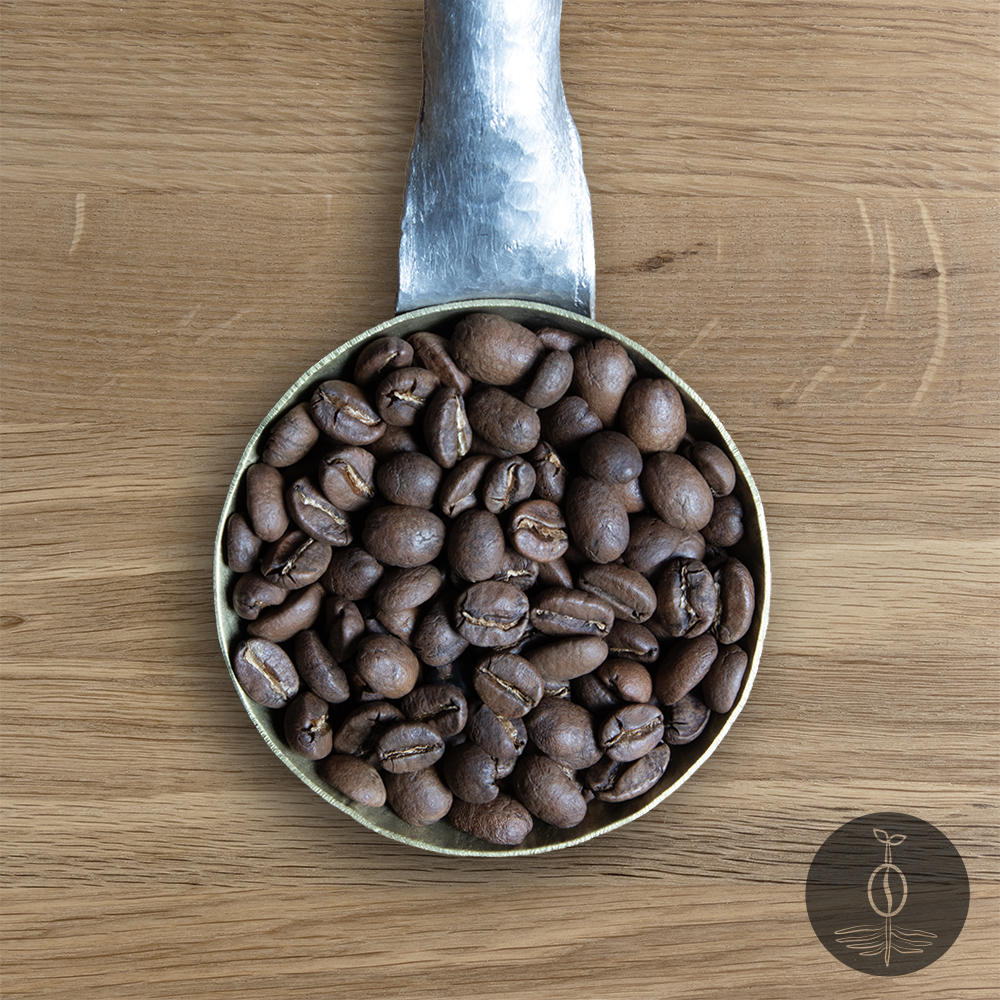
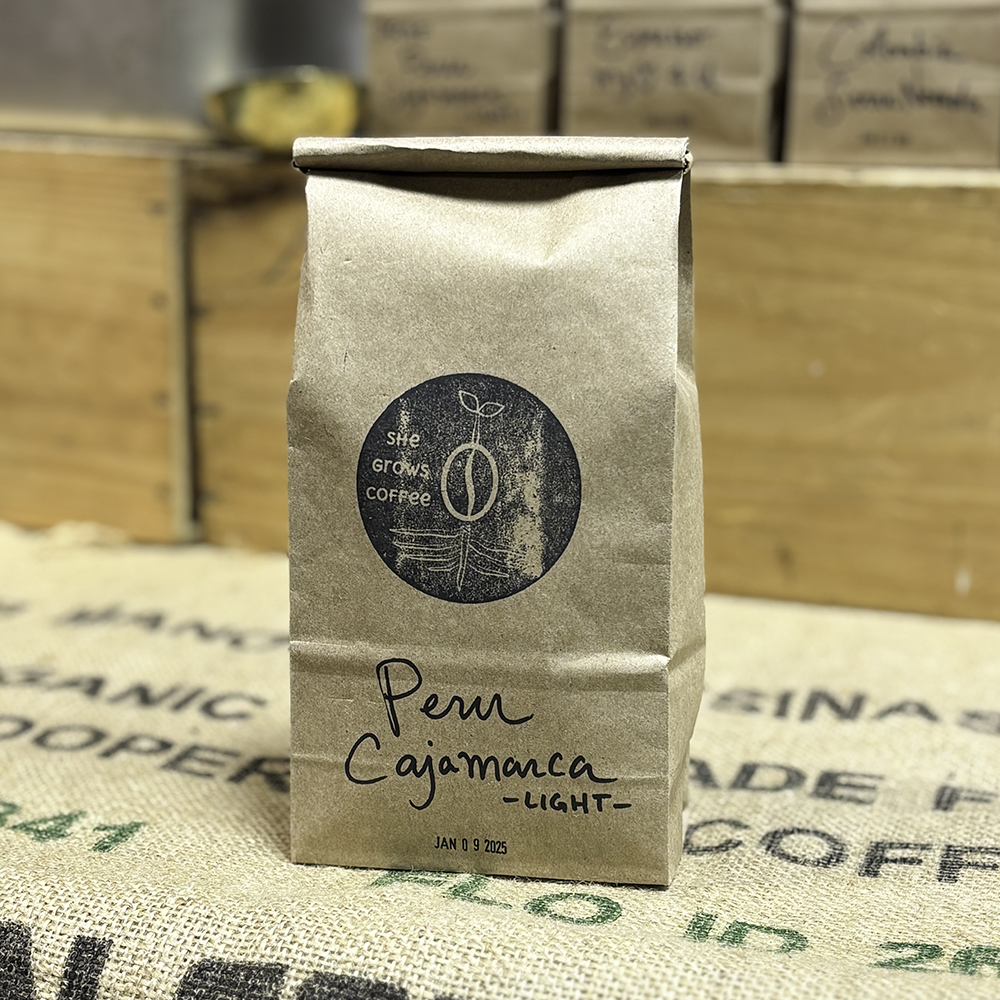
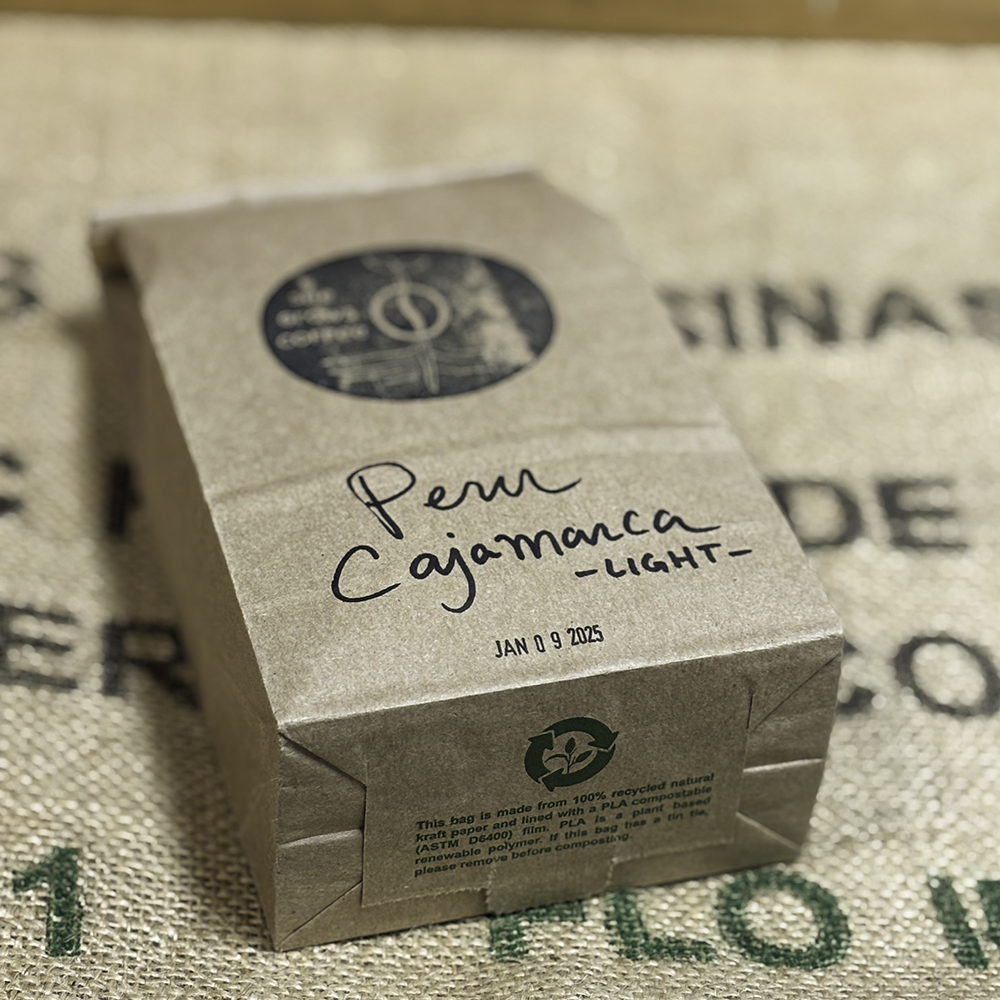
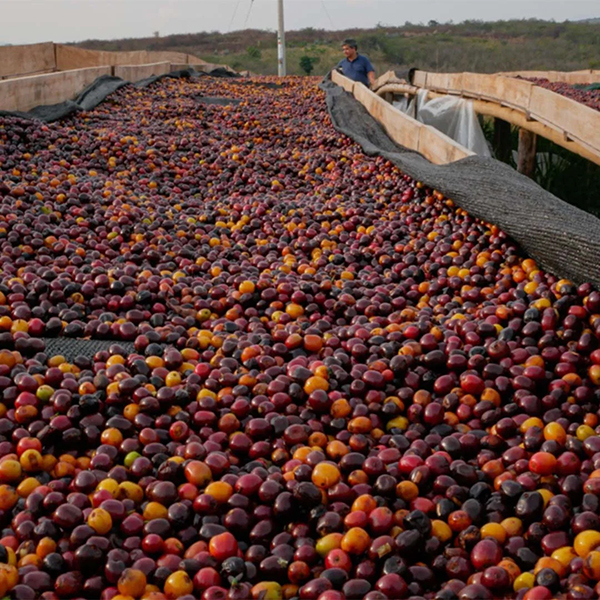
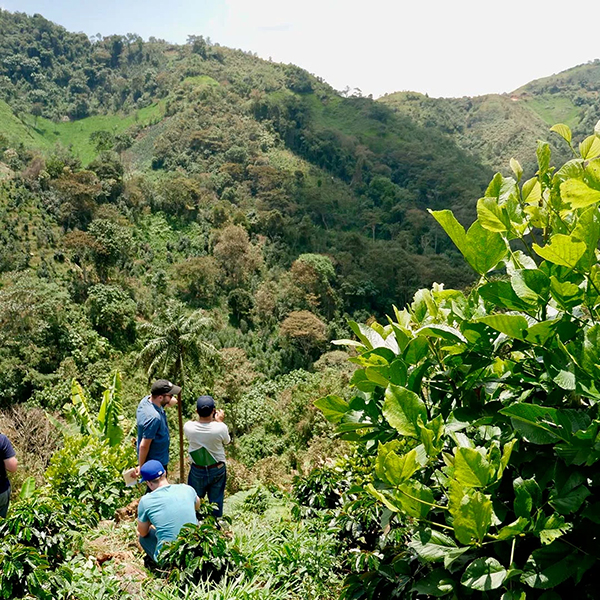
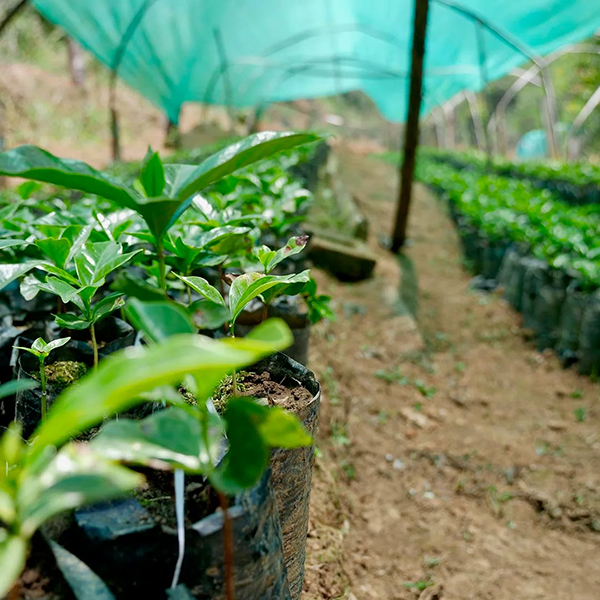
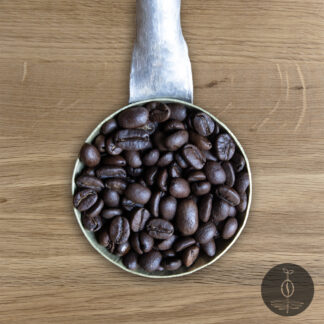
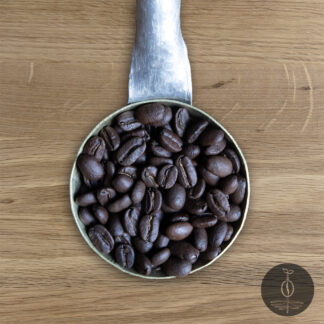
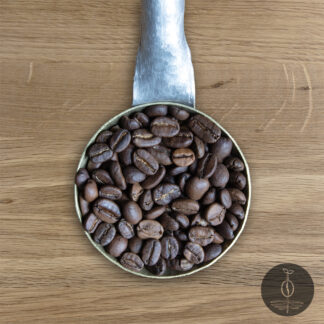
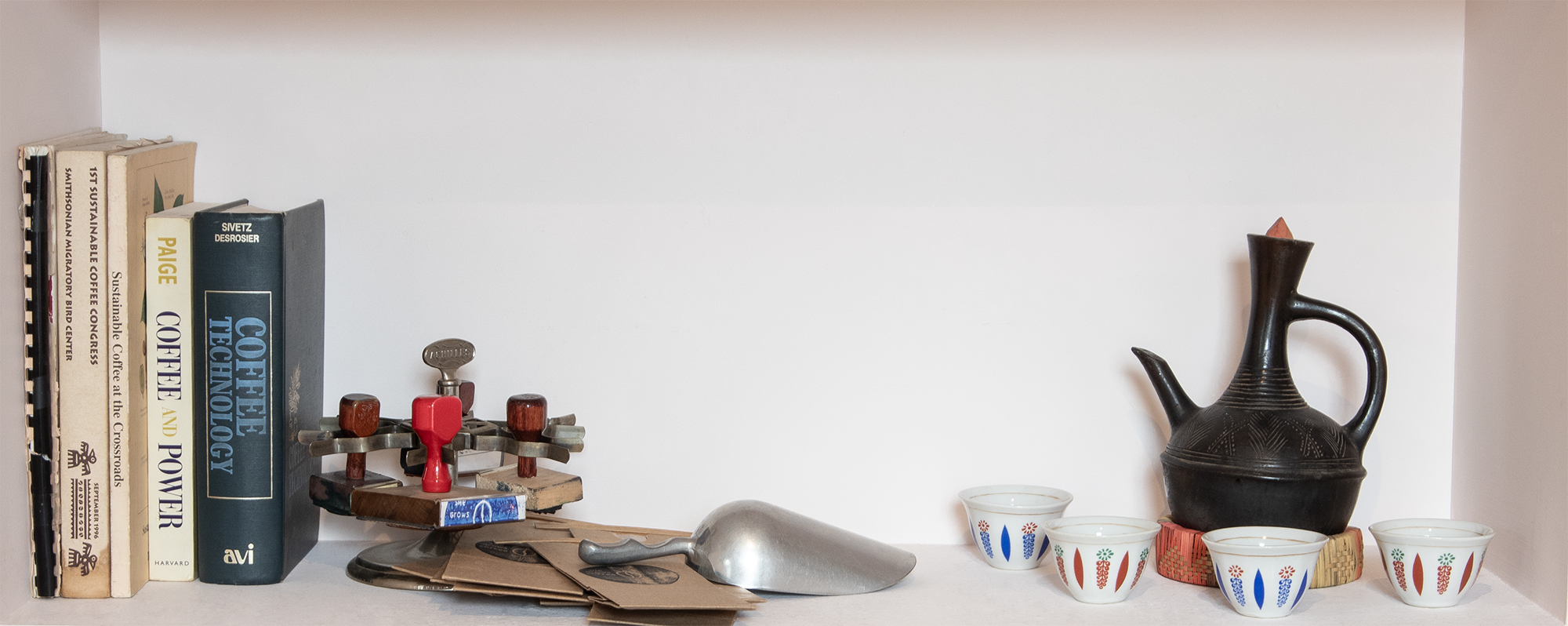
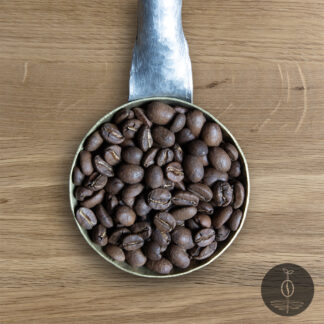
Reviews
There are no reviews yet.